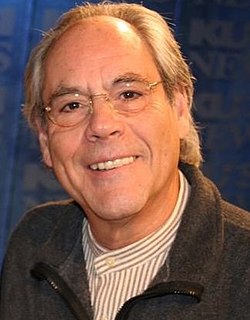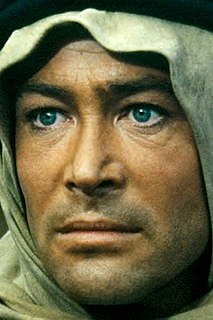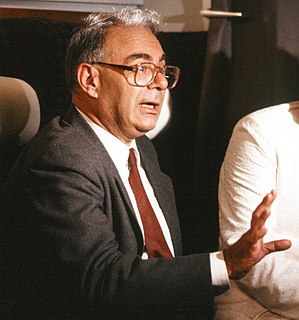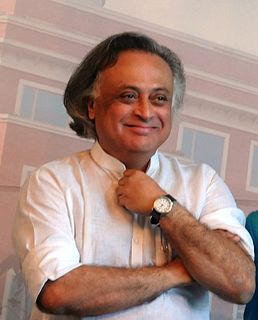A Quote by John Densmore
Related Quotes
I think Hollywood has gone in a disastrous path. It's terrible. The years of cinema that were great were the '30s, '40s, not so much the '50s...but then the foreign films took over and it was a great age of cinema as American directors were influenced by them and that fueled the '50s and '60s and '70s.
The English playwrights of the '50s and '60s didn't really keep writing or getting produced, while the Irish did. There's encouragement for the younger ones also in the fact that Ireland is exceptional in its ability to make theater part of the national dialogue, and it reaches to all four corners of the country.
It was good to launch the economy in the '50s. Japan did this; China did this; even South Korea did this. All the East Asians did this - import substitution. I think all countries followed import substitution in the '50s and in the '60s, but I think by the '70s, countries were getting out of that first phase of the strategy.

































